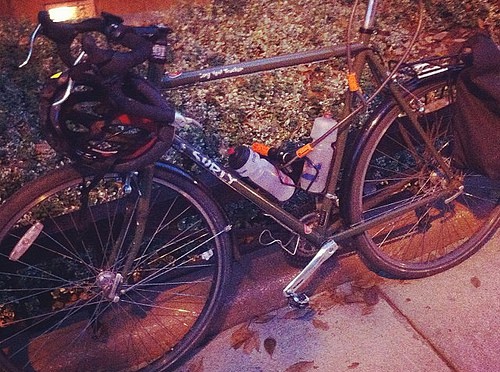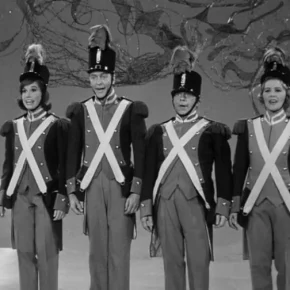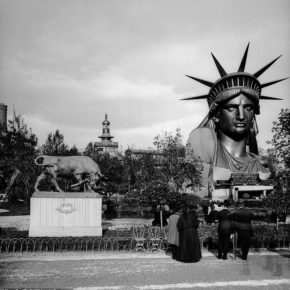In the past week, the greater DC area cycling community has been rightfully angry at the outcome of a grand jury ruling about the death of a local rider on a road many of us ride with some frequency. The jury found the appropriate penalty for killing a cyclist to be four moving violation tickets the put some points on the driver’s license and fine the driver a few thousand dollars.
A few thousand dollars? That’s the worth of the life of a cyclist?
Apparently it is if you choose to ride in Anne Arundel County, Maryland.
This hits me hard and rubs me the wrong way on many fronts. I won’t go into the political machinations that may have motivated the outcome of the Maryland case, but this is a situation that could just as easily happened to me or a friend, so commonly used is the road where the tragedy occurred. A driver, making an unsafe, illegal pass on a hilly, blind curve, merges into a cyclist who is riding within the letter of the law – and yet the driver comes out “winning” in this instance.
The law failed the cyclist and her family – and all other cyclists – in this case.
I have had friends severely hurt – and even killed – by motorists while out riding their bikes. A high school friend, one who worked hard to become a medical doctor, was riding with his usual training group on October 1, 2010, when the group was hit by a driver while on the road in South Carolina. My friend, Matt, suffered the worst injury: severe head trauma that had him in a coma, on life support for 128 days until he died in Feburary, 2011.
In this case, the driver was charged with reckless homicide upon Matt’s death, and eventually was convicted with felony manslaughter for his crime. Peter Wilborn, the lawyer who represented the Burke family during the trial, made the following comment following the driver’s manslaughter conviction:
“Matt Burke’s legacy is that drivers can and should be treated as criminals for killing cyclists. Throughout the country, cycling deaths are regularly dismissed by law enforcement as mere traffic ‘accidents./ But often they are not accidental, the needless fatalities are tragic consequences of reckless driving and lawless drivers. The driver’s felony conviction here proves to police, policymakers, and drivers to take cycling safety seriously. This case from South Carolina is an example of how to do it right.”
The thing that really has me shaken about this is that I knew the victim. We used to ride our mountain bikes around the foothills of Salt Lake City when we were teenagers. The years had us drift apart, in our own life paths. In fact, when Matt died I read of his story but never pieced together the fact that he was the Matt Burke I called a friend and riding companion all those years ago.
And this past week, a friend I met here in DC back in my political days was hit by a motorist while riding his bike to work in the San Francisco Bay area. He suffered incredible injuries, including severe head trauma. He’s currently in a medically-induced coma, with brain swelling that seems to now be under control. However, it’s hard to say what lies ahead for him, his wife, and their young daughter. I know that my friend and his wife are incredibly strong, smart people, and to see this kind of tragedy happen to them tears me apart inside. They are in my thoughts every day, and I’m wishing them the best.
As a cyclist, I know I’m vulnerable. I share the road with multi-ton contraptions that pose a threat whenever they are in motion (and even when they are not). And as vigilant as I am about monitoring my surroundings, as bold as I am to take the middle of the lane if it is the safest way to get where I need to go, as mindful I am to ride within the letter of the law, as willing I am to call out poor behavior by fellow road users (cyclists, drivers, pedestrians, the lot), I know that I am always one wrong move from harm. And that wrong move is as likely to be from my fellow road users as from me.
There has to be a solution, a reasonable way to get motorists to realize that cyclists belong. Advocacy is not easy, and seeing setbacks in the law makes the work toward equity that much harder.
So what is the worth of a life? Hopefully, it’s worth revisiting the failings of juries, politics, politicians, and other influential entities, with the goal of making things better for future road users. It’s tough to put a price on, but it’s certainly worth more than a handful of traffic tickets.














Comments by randomduck
virtual advent 2020: a fab holiday (and it’s been 40 years…)
@compassionknit: I think the issue is that John had Julian ...
ten on tuesday: the music died too young
Good call on those three!
my 30s: a look back
Thanks, Darren and Jeff! Jeff, riding along the California coast with ...